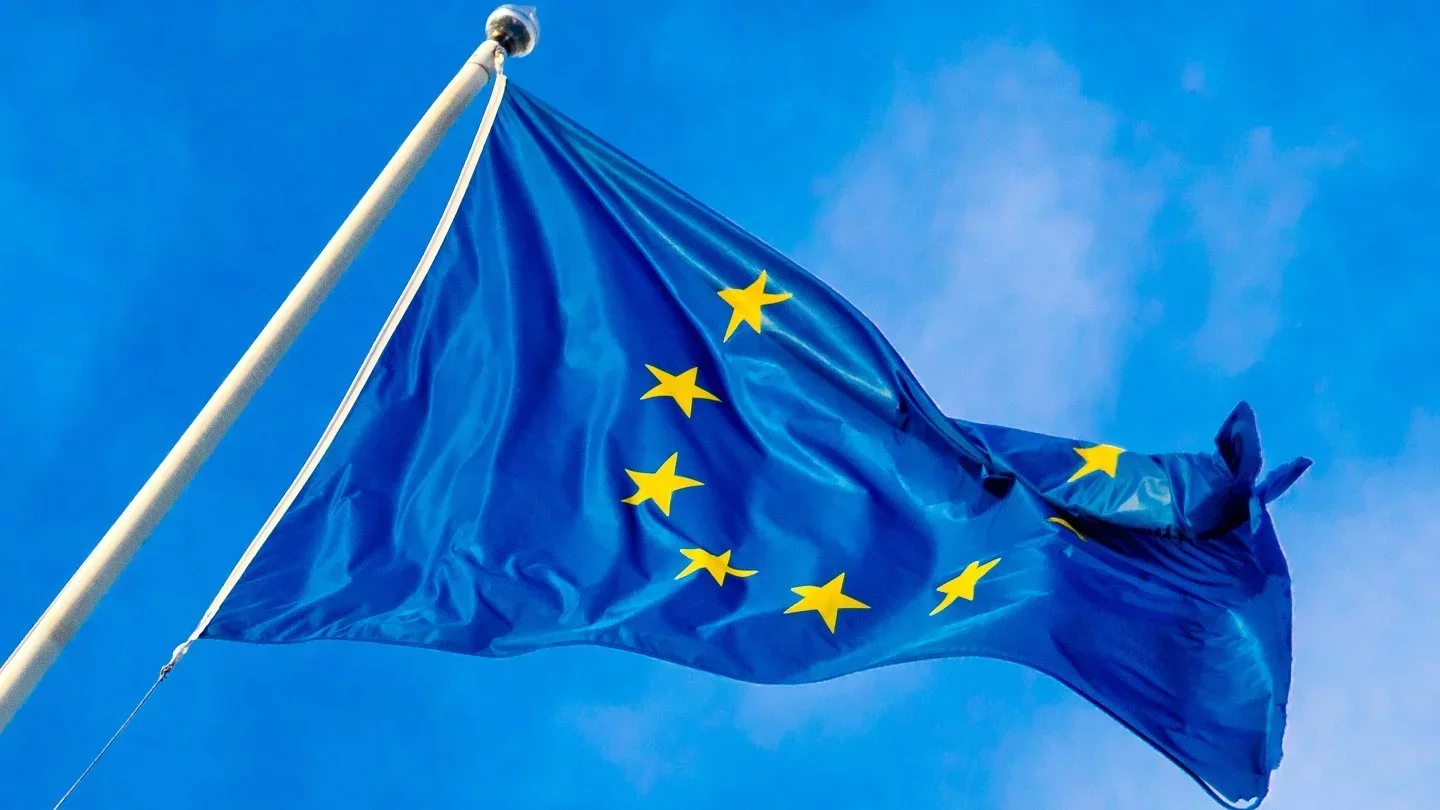EU Approves New Sanctions Targeting Russian Oil Industry and Banks
 Photo: Elements.envato.com
Photo: Elements.envato.com
The European Union has officially adopted its 18th package of sanctions against Russia, introducing new economic measures focused on the country’s oil sector and banking industry, Orda.kz reports.
According to Bloomberg, the latest sanctions include the disconnection of more than 20 Russian banks from the SWIFT international payment system and a total ban on transactions with them. The package also imposes restrictions on fuel refined from Russian crude in third countries.
Among the targets is an oil refinery in India partially owned by Rosneft, which has now been blacklisted.
The EU has also revised its method for setting a price cap on Russian oil. Instead of a fixed cap, a floating ceiling will now be used, set at 15% below current market prices. This benchmark will be reviewed at least twice a year. Initially, the cap on Russian crude will be set at $45–$50 per barrel.
Bloomberg notes that the previous cap was largely ineffective, as Russia continued exporting oil to China and India using a “shadow fleet” of tankers. In response, the EU has expanded its sanctions to include this fleet, bringing the total number of blacklisted vessels to over 400.
One aspect of the sanctions that may be particularly relevant for Kazakhstan relates to fuel produced from Russian oil.
It remains unclear whether these new measures will impact the Pavlodar Petrochemical Plant, which partially processes Russian transit oil delivered from Siberia under a tolling arrangement.
The EU’s move to restrict fuels such as diesel made from Russian crude could have some market impact, as Europe imports the fuel from India, which in turn buys large amounts of Russian crude. Diesel markets have been showing signs of tightness for several weeks, and prices strengthened in early European trading relative to crude. Bloomberg reports.
Additionally, sanctions were imposed on several companies from third countries that allegedly assist Russia in evading restrictions. It has not yet been confirmed whether any Kazakhstan-based firms are among those listed.
Original Author: Nikita Drobny
Latest news
- Kazakhstan Banned Its Airlines From Flying Over a Number of Countries in the Middle East
- Astana on High Alert as Middle East Escalation Spurs Security Measures
- Tokayev Meets U.S. Ambassador Stufft, Discusses Board of Peace Cooperation
- Mangystau Launches AI-Assisted School Monitoring to Prevent Teen Suicidal Behavior
- Kazakhstan to Supply UK With Critical Minerals
- AI Faculties for Educators to Open in Kazakhstan: What Other Changes Are Coming to the Education Sector
- There Are Medals — But Not Enough Ice: What’s Happening to Figure Skating in Kazakhstan
- Is Kazakhstan’s Nuclear Power Plant Project at Risk After New UK Sanctions? Rosatom Responds
- Prosecutor General’s Office Suspends Extradition of Navalny Ex-Staffer Detained in Almaty
- Former EBRD Executive Jürgen Rigterink Elected as New Independent Director on Bank RBK’s Board of Directors
- Kazakhstan Near Bottom of Retirement Comfort Ranking
- Kazakhstan to Open New International Flights Across Asia, the Middle East and Europe
- Foreign Experts Paid 47 Times More Than Local Scientists in Kazakhstan
- Almaty Utility Services Clear Streets for Fourth Time After Continuous Snowfall
- The Deputy Calls for Checks on Kazakh Officials Named in Epstein Files
- Su-30SM Fighter Jet Crashes Near Karaganda
- School Smartphone Restrictions May Expand Beyond the Classroom
- US warns Ukraine against strikes affecting CPC oil exports
- Kazakhstan and Austria Agree on Readmission of Illegal Migrants
- Digital Rating for Military Commanders Proposed in Kazakhstan

